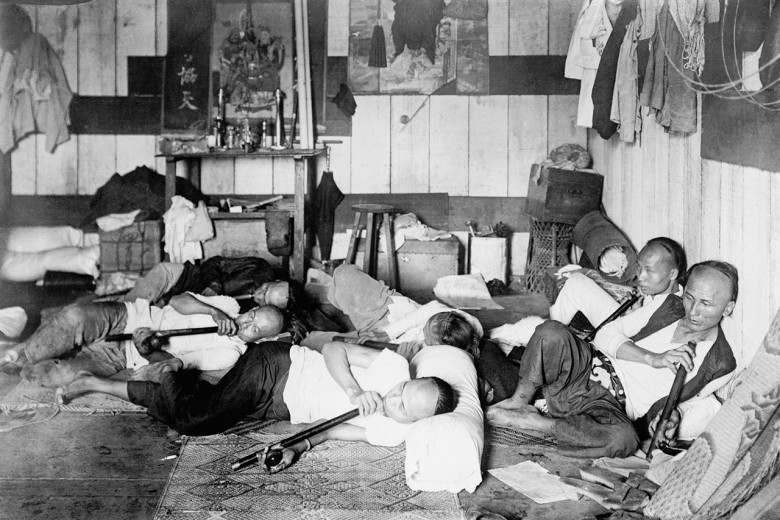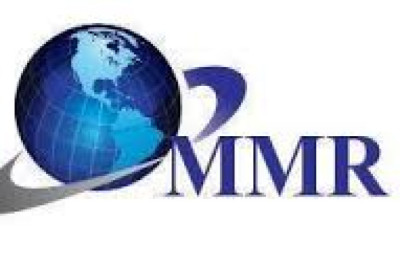views
The History of Addiction: How Treatment Has Evolved
Addiction has been a part of human society for centuries, with its roots extending deep into history. Over the years, the understanding of addiction and its treatment has evolved dramatically. From early misconceptions to modern medical approaches, treatment for addiction has undergone significant changes. Today, specialized treatment centers such as the mental hospital in Navi Mumbai offer advanced therapies that support individuals in their recovery journey. Let’s take a look at how addiction treatment has progressed over time.
Early Understandings of Addiction
In ancient times, addiction was often misunderstood and seen through a lens of moral failing or spiritual weakness. The use of mind-altering substances such as alcohol, opium, and cannabis dates back to ancient civilizations, including Mesopotamia, Egypt, and Greece. However, there was little understanding of the psychological or biological mechanisms at play.
In ancient Greece and Rome, physicians such as Hippocrates recognized the harmful effects of alcohol but viewed it as a vice rather than a medical condition. The idea that addiction was a moral failing persisted for centuries, with many people seeing those struggling with substance abuse as weak or sinful. This understanding led to harsh punitive measures rather than therapeutic interventions.
The Shift Toward Medical Models
It wasn't until the 18th and 19th centuries that addiction began to be understood as a medical issue rather than just a moral or criminal one. During this time, scientists and medical professionals started to realize that addiction had physiological and psychological components. In the 1800s, the term "addiction" itself began to be used more frequently, but it was still seen largely as a behavioral problem.
The 19th century also saw the emergence of the idea that addiction could be treated with therapeutic interventions. While these treatments were primitive by today’s standards, they represented a significant shift in how society viewed addiction. In the early 20th century, physicians began to use methods like hypnosis and psychoanalysis to help those struggling with alcohol and drug addiction.
The Birth of Rehabilitation Programs
In the 1930s, the concept of rehabilitation for addiction took on a more formalized approach. This period saw the creation of the 12-step program by Alcoholics Anonymous (AA), which provided a structure for individuals to achieve sobriety through a combination of spiritual, social, and psychological support. This was a groundbreaking development in addiction treatment, as it emphasized both personal responsibility and community support.
AA's success led to the development of other recovery programs, and the 1940s and 1950s saw the rise of specialized addiction treatment centers. These centers began offering more structured treatment options, including group therapy, individual counseling, and medical care. This marked the beginning of a more holistic approach to addiction treatment that took both the mind and body into account.
The Modern Era of Addiction Treatment
The late 20th and early 21st centuries have brought further advancements in addiction treatment, particularly in terms of medical interventions. The introduction of medications such as methadone, buprenorphine, and naltrexone has revolutionized treatment for opioid addiction, helping individuals reduce cravings and withdrawal symptoms.
Additionally, research into the brain’s role in addiction has helped create more targeted treatments. Modern neuroscience has shown that addiction alters brain chemistry, affecting neurotransmitters like dopamine and serotonin. Understanding these changes has led to the development of medications that can help restore balance to the brain’s chemistry.
Today, addiction treatment is much more comprehensive and personalized. Many treatment centers, including the mental hospital in Navi Mumbai, offer individualized care plans that combine medical treatment, therapy, and lifestyle changes. These centers employ a range of approaches, including cognitive behavioral therapy (CBT), dialectical behavior therapy (DBT), and family counseling. In addition to traditional therapies, holistic treatments like yoga, meditation, and art therapy are becoming more common in addiction treatment programs.
The Role of Technology in Modern Treatment
With the advent of technology, addiction treatment has become even more accessible. Telehealth services have made it possible for individuals in remote areas to receive counseling and therapy sessions online. Additionally, smartphone apps and online support groups have made it easier for individuals to track their recovery progress and stay connected with others in recovery.
While these advancements have made treatment more accessible and effective, there is still a strong emphasis on the need for in-person care. Facilities such as the mental hospital in Navi Mumbai provide a supportive environment that combines the latest therapeutic approaches with a team of trained professionals who can offer the personalized care needed for successful recovery.
Conclusion
The journey of addiction treatment has come a long way from its early days. While addiction was once seen as a moral failing, it is now understood as a complex medical condition that requires a comprehensive approach to treatment. From early approaches like hypnosis to modern therapies that combine medical treatment, therapy, and technology, addiction treatment continues to evolve.
If you or a loved one is struggling with addiction, seeking professional help is crucial. Modern facilities like the mental hospital in Navi Mumbai provide a range of treatment options that can help individuals on their path to recovery, offering a combination of medical and psychological support tailored to each individual’s needs. With the right care, recovery from addiction is possible, and the future looks hopeful for those on this journey.












